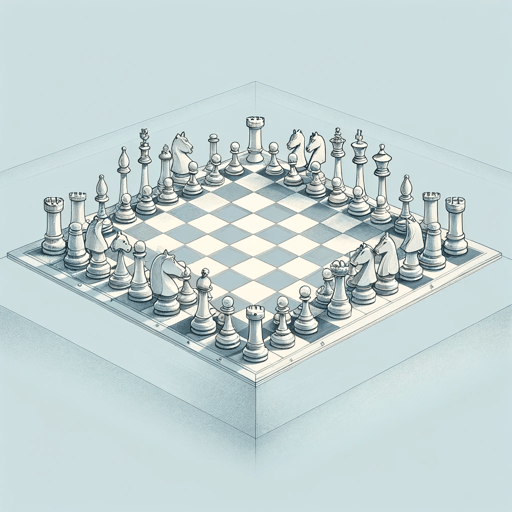65 pages • 2 hours read
Henry KissingerWorld Order: Reflections on the Character of Nations and the Course of History
Nonfiction | Book | Adult | Published in 2014A modern alternative to SparkNotes and CliffsNotes, SuperSummary offers high-quality Study Guides with detailed chapter summaries and analysis of major themes, characters, and more.
Chapter 8Chapter Summaries & Analyses
Chapter 8 Summary: “The United States: Ambivalent Superpower”
Chapter 8 reviews American foreign policy after its rise to superpower status in the second part of the 20th century and beyond. The author covers the American foreign-policy styles, perceptions, and challenges in the age of the global Cold War confrontation. The subject areas include “The Beginning of the Cold War,” “Strategies of a Cold War Order,” “The Korean War,” Vietnam and the Breakdown of the National Consensus,” “Richard Nixon and International Order,” “The Beginning of Renewal,” “Ronald Raegan and the End of the Cold War,” “The Afghanistan and Iraq Wars,” and “The Purpose and the Possible.”
First, Kissinger considers the US an “ambivalent superpower” wielding significant military and international capabilities, while considering itself exceptional and different—indeed, superior—to other historic counterparts because of its moral qualities:
That sense of responsibility for world order and of the indispensability of American power, buttressed by a consensus that based the moral universalism of the leaders on the American people’s dedication to freedom and democracy, led to the extraordinary achievements of the Cold War period and beyond (276).
America’s self-confidence was buttressed by the fact that compared to the devastation caused in Europe, the Soviet Union, and Asia, it was largely undamaged by World War II. At that time, its GNP was 60% of the world’s GNP.
Related Titles
By Henry Kissinger




